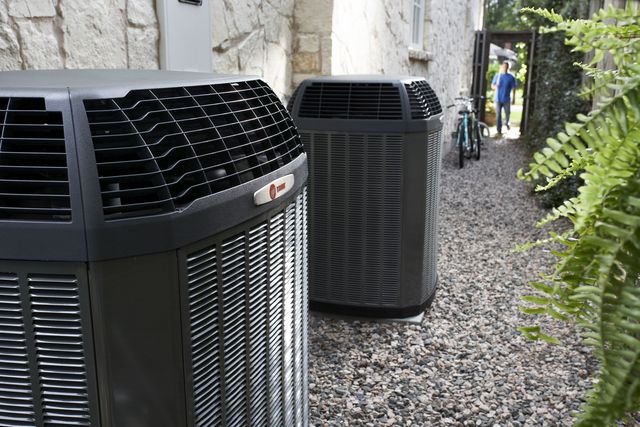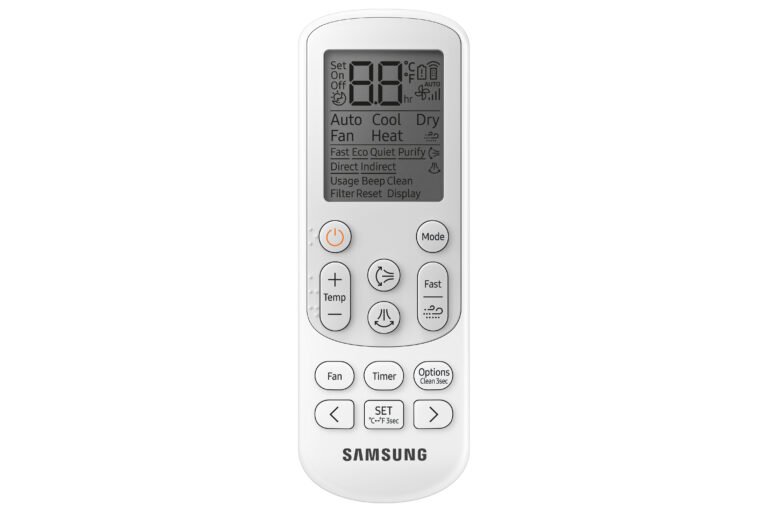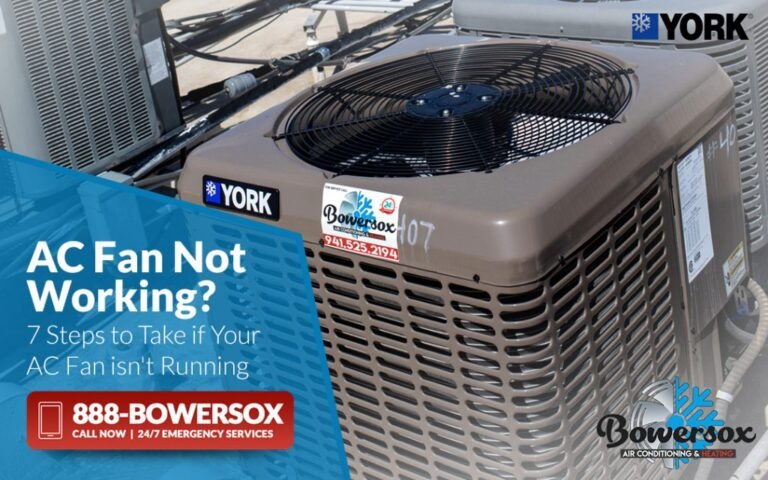Will Coolant Help My AC? Discover the Surprising Truth
Using coolant for your AC will not directly affect its performance or functioning. Coolant is responsible for regulating the engine temperature, while the AC system has its own refrigerant circuit.
It is essential to understand that the AC system relies on refrigerant, not coolant, to cool the air. If your AC is not blowing cold air, low engine coolant is not the cause. It is more likely due to issues with the refrigerant level or other components of the AC system.

Credit: m.youtube.com
Importance Of Coolant In Your Ac System
The role of coolant in air conditioning systems is crucial for efficient cooling. Coolant, also known as Freon or refrigerant, is responsible for cooling the air in the system. When the AC is running, the coolant absorbs heat from the indoor air, releasing it outside and resulting in cool air circulation indoors. This process is essential for maintaining a comfortable and pleasant environment.
However, coolant leaks can have a significant impact on AC performance. If there is a leak, the coolant level will gradually decrease over time. As a result, the AC system will not have enough refrigerant to cool the air adequately. This can lead to reduced cooling effectiveness, weaker airflow, and ultimately, an AC system that fails to keep a room cool. Therefore, it’s important to address any coolant leaks promptly to ensure optimum AC performance.
Signs That Your Ac Needs Coolant
| Signs that Your AC Needs Coolant: |
| – Constant running without cooling the house |
| – Lack of cold air from the vents |
| – Abnormally high energy bills |
| – Presence of ice on the refrigerant lines |
| – Unusual sounds (bubbling or hissing) when the AC is not running |
Refrigerant, or coolant, is the chemical in the air conditioning system that cools the air. If the system is leaking, this chemical will eventually run out. Modern AC systems are more sensitive than older ones, and they won’t work properly without enough coolant. Leaking refrigerant is indicated by several signs. First, if your AC runs constantly without cooling the house, it may need coolant. Second, if the air from your vents isn’t cold, it could be due to low refrigerant. Additionally, abnormally high energy bills can be a result of a continuously running AC due to insufficient coolant. Lastly, the presence of ice on the refrigerant lines or unusual sounds like bubbling or hissing when the AC is not running are also signs that your AC needs coolant. If you notice these signs, it’s important to have a professional check and recharge your AC system if necessary.
How Often Should You Add Coolant To Your Ac?
Recharging the air conditioner with coolant does help to cool the AC. The chemical known as Freon or coolant is responsible for cooling the air in the AC system. However, there is no predetermined schedule for adding coolant to the AC. The frequency of coolant replacement is recommended by HVAC professionals and can vary depending on several factors.
Some factors that can affect the frequency of coolant addition include the age and condition of the AC system, any leaks or issues with the system, and the usage patterns of the AC. HVAC professionals typically recommend Freon replacement once every two to five years. It is important to have a professional HVAC contractor assess and determine when coolant needs to be added to the AC system.
Frequently Asked Questions Of Will Coolant Help My Ac
Does Coolant Help Cool Ac?
No, coolant does not help cool the AC. Coolant, also known as freon, is the chemical that cools the air in the air conditioning system. If the system is leaking, the coolant will eventually run out, causing the AC to not work properly.
Does Low Coolant Affect My Ac?
No, low coolant does not directly affect your AC. Coolant is responsible for regulating the engine’s temperature, while the AC system operates independently with its own refrigerant circuit.
How Do You Know If Your Ac Needs Coolant?
If your AC needs coolant, you may notice these signs: constant running without cooling, lack of cold air from vents, high energy bills, ice on the refrigerant lines, and bubbling or hissing sounds. A low engine coolant level does not directly affect the AC system’s functioning.
How Often Do You Need To Add Coolant To Ac?
Coolant does not need to be added to the AC on a predetermined schedule. Most systems need coolant replacement every two to five years by a professional HVAC Contractor. A low coolant level does not directly affect the AC system’s functioning.
However, if there is a leak and the chemical (coolant) runs out, the AC will not work properly.
Conclusion
Coolant does not directly affect the functioning of the air conditioning (AC) system in a vehicle. The purpose of coolant is to regulate the temperature of the engine, while the AC system has its own refrigerant circuit. The AC may not receive sufficient cooling capacity if the coolant level is low, resulting in weaker airflow and reduced cooling effectiveness.
Therefore, it is important to ensure that both the coolant and refrigerant levels are in proper condition for optimal AC performance.







